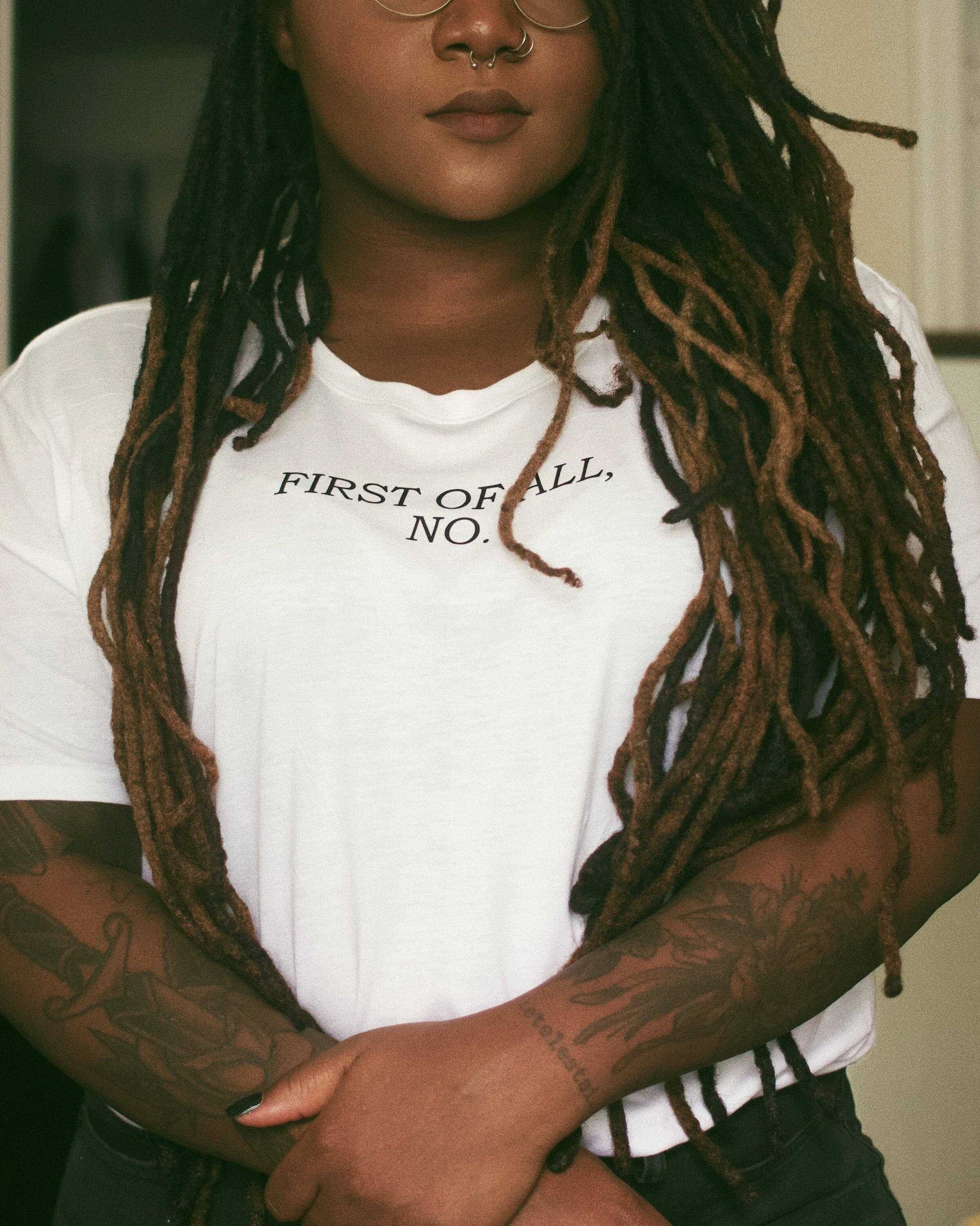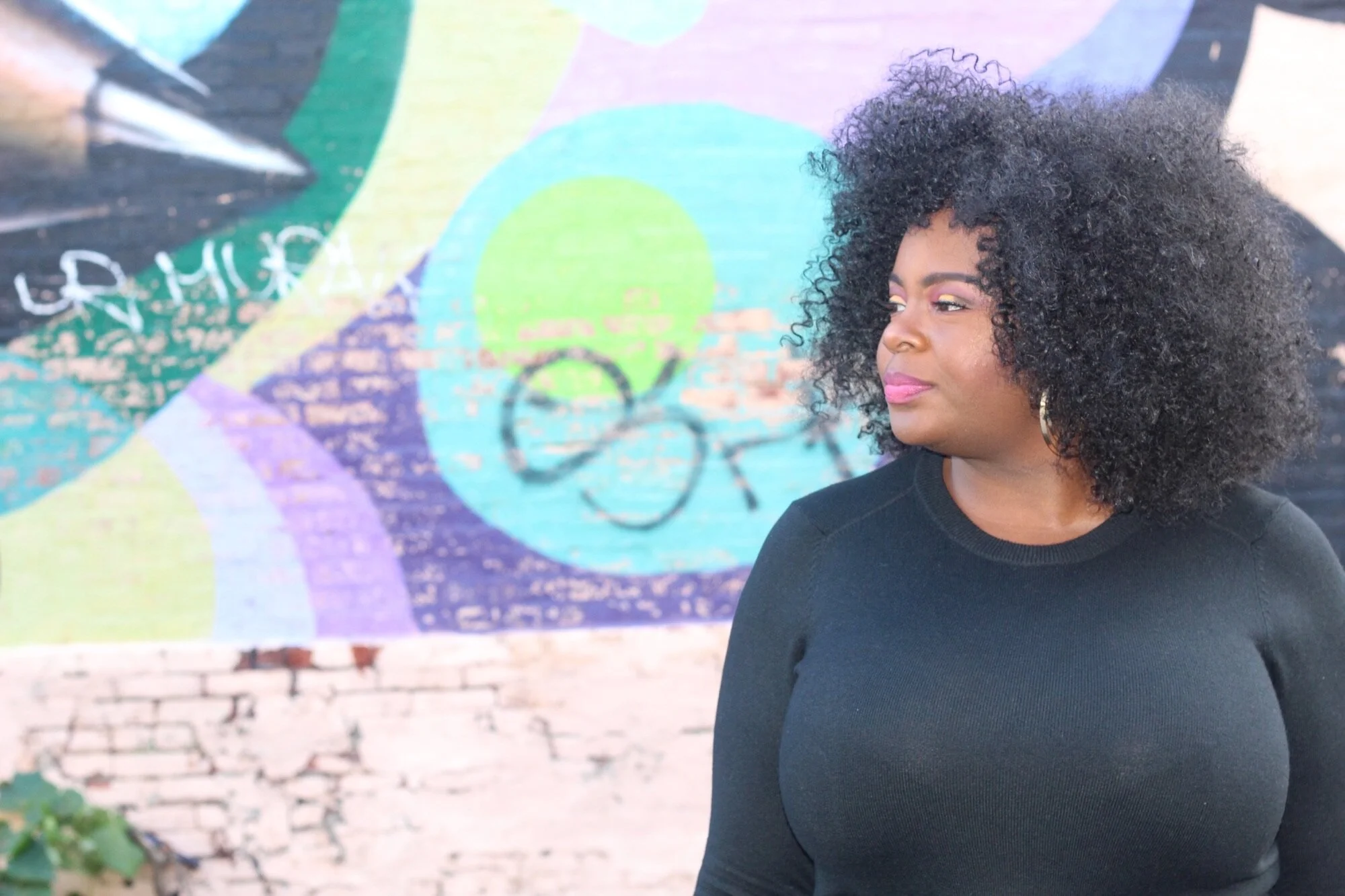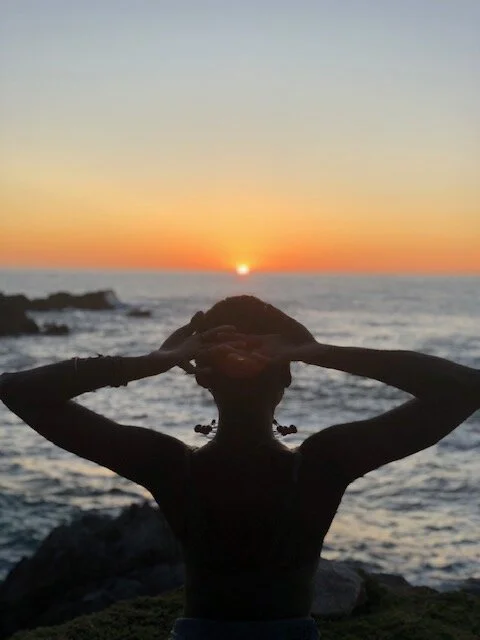When Prophecy Doesn't Feel Like a Gift
I feel like the people who refer to prophecy as a “gift” are typically the people who don’t possess it. Those of us who do—natural truth tellers, voices in the wilderness—are likely weeping (yep, like Jeremiah) in a corner as we try to find another word to describe this responsibility. Personally, I’ve tried my best to run from it since 2017.
Like many, 2016 was a challenging time for my faith. I’m aware that Christianity in America has many times looked nothing like Christ, yet I was hopeful that following uprisings in Ferguson, Baltimore, and grieving the murders of parishioners at Mother Emmanuel, that somehow, someway, the American church would be the Church during the 2016 elections. But I was overwhelmed with grief when 81% of evangelical Christians chose to vote for someone who looks like anything but Christ—and far from the justice God calls us to as believers.
The following year(s) were challenging, in church and work—because white feminism was as frustrating as white evangelicalism. And after writing about everything from kissing white feminist-led organizations goodbye to the idolatry of biblical womanhood to being the angry Black woman in the church pew, I decided to go silent.
If you’ve followed along for a while, you know I haven’t gone completely silent. I launched Social Soundtrack—curating playlists, hosting workshops, and releasing a whole creative writing journal—and aimed to celebrate Black creativity and joy through the arts. But I know I’m a truth teller at heart so the pull to speak, even when people don’t listen, has been constantly weighing me down over the past 4-5 years.
What Would a Prophet Do?
I’ve been studying different prophets in the Bible and most recently, have been in the book of Ezekiel. I was humbled in the best way one morning during my studies by the following passage:
“Son of man, I have made you a watchman over the house of Israel. When you hear a word from my mouth, give them a warning from me. If I say to the wicked person, ‘You will surely die,’ but you do not warn him—you don’t speak out to warn him about his wicked way in order to save his life—that wicked person will die for his iniquity. Yet I will hold you responsible for his blood. But if you warn a wicked person and he does not turn from his wickedness or his wicked way, he will die for his iniquity, but you will have rescued yourself. Now if a righteous person turns from his righteousness and acts unjustly, and I put a stumbling block in front of him, he will die. If you did not warn him, he will die because of his sin, and the righteous acts he did will not be remembered. Yet I will hold you responsible for his blood. But if you warn the righteous person that he should not sin, and he does not sin, he will indeed live because he listened to your warning, and you will have rescued yourself.”
Ezekiel 3:17-21 (CSB)
Now, this is what God spoke to Ezekiel, in a very particular context (don’t come for me, Bible scholars! I know, I know.), but the Word of God is living, breathing, and relevant for this voluntarily silent truth teller. I needed this passage mostly because it reminds me that my value as a prophet or truth teller is not defined by how many people listen to my cries in the wilderness. My value as a truth teller is not defined by how many people repent, but that I am obedient to God when He tells me to speak.
My choice to step back from trying to challenge the systems in my workplace, my church community, and the world has vastly been a result of me not seeing change or signs of repentance. I remember speaking with one of my pastors about this as tears rolled down my face. I didn’t like that people weren’t listening or they called me divisive, so I stopped speaking and found other things to fill my time. And so, I decided it’s better to stay silent than believe that God has called me to speak truth to a hard-headed, rebellious Church. Social Soundtrack is a blessing; I’m grateful for the workshops I’ve led and the people I’ve spoken to, but I also recognize those spaces (as critical as they may be for our well-being) are filled with people who keep me in a position to “preach to the choir.” And as much as I enjoy affirming my people, especially Black women and girls, and creating spaces for us to cultivate joy, I also know that I’m called and equipped to enter into the uncomfortable spaces to challenge the status quo.
I know that if I am called to be a truth teller and equipped with the gift of prophecy, I will receive provision from the One who sent me. For the truth tellers out there, our urge to call people to do justice comes from God, not ourselves. And speaking those truths—no matter how hard, no matter how exhausting—is obedience that frees us. Later in this passage the Lord says let the one who listens, listen and let those who refuse, refuse. But the only way people can refuse a call to do justice and choose righteousness is if those of us who are compelled by the Spirit, speak. Conversely, the only way for people to turn and do justice is when we begin to accept our righteous disruptions as the gifts they truly are.








